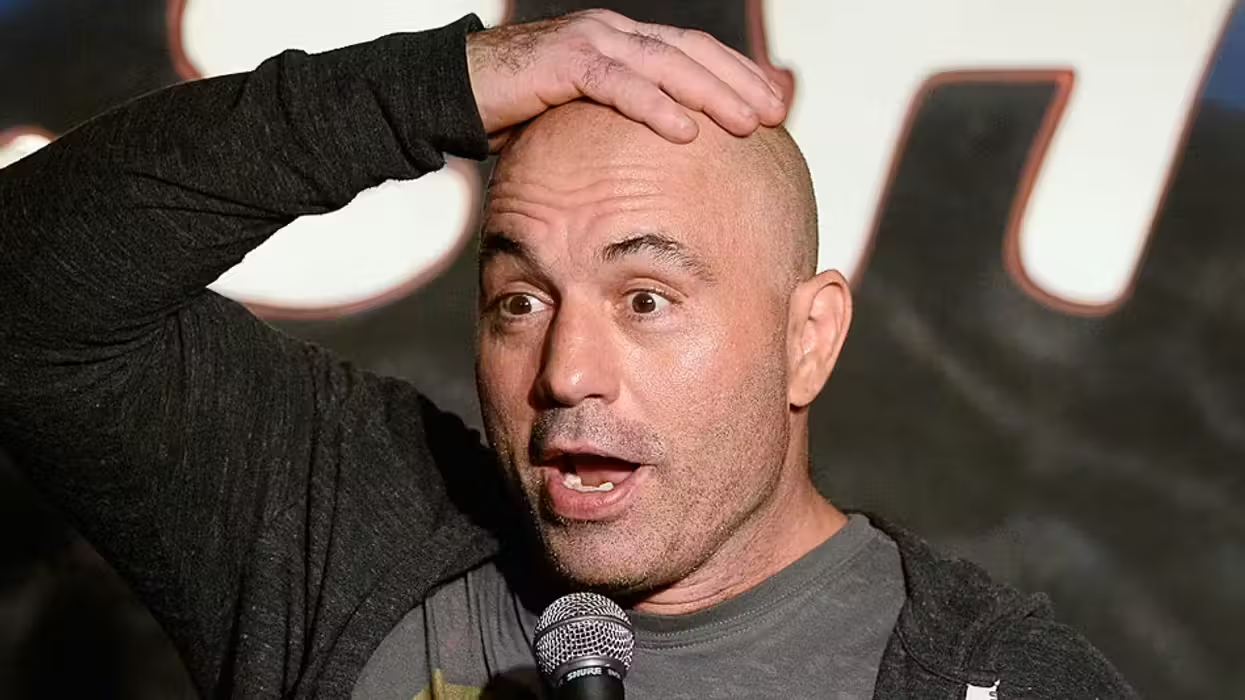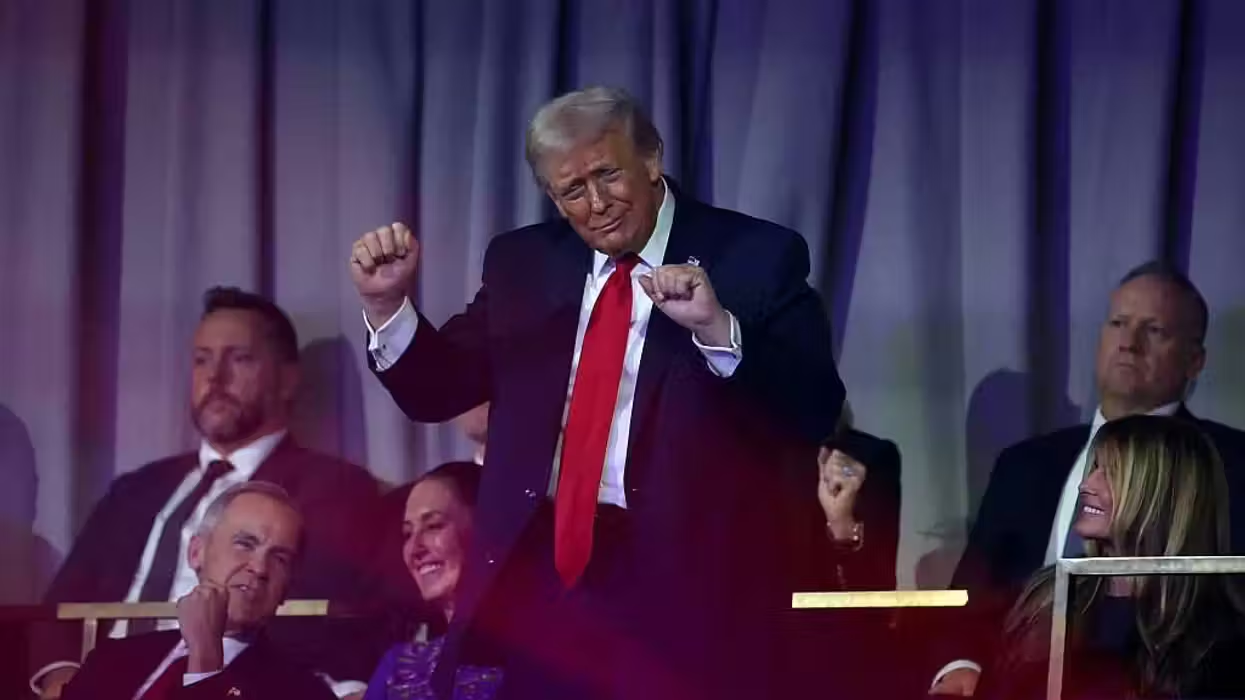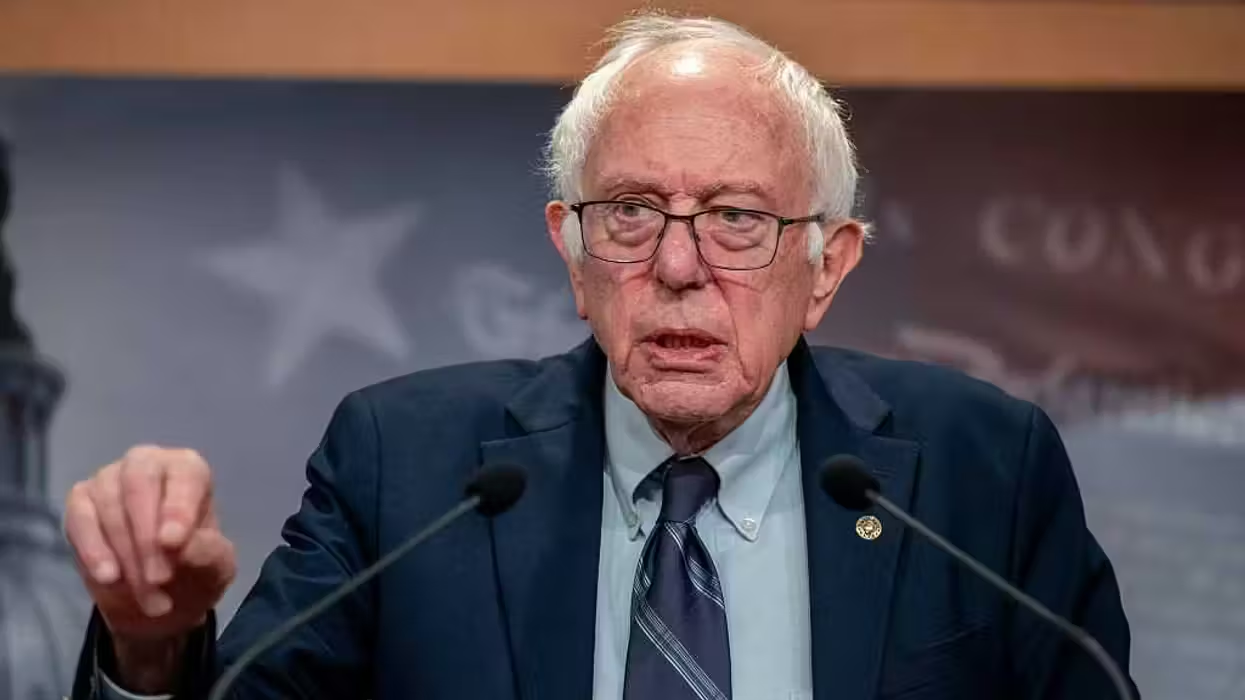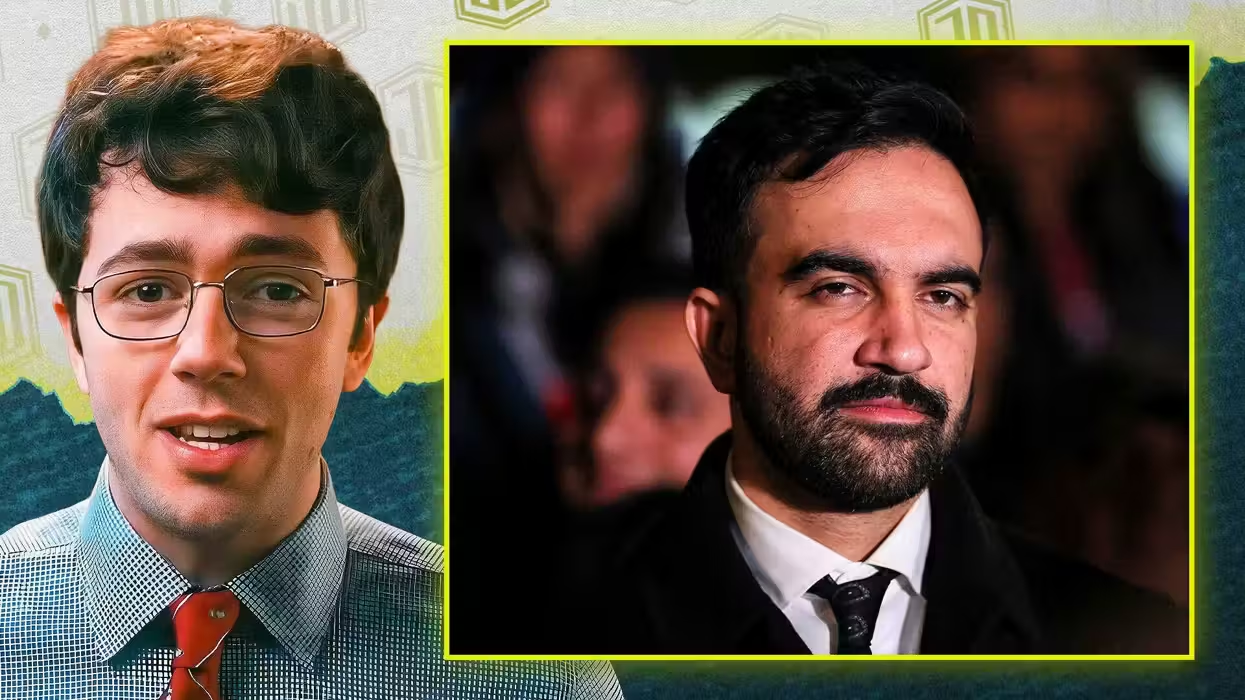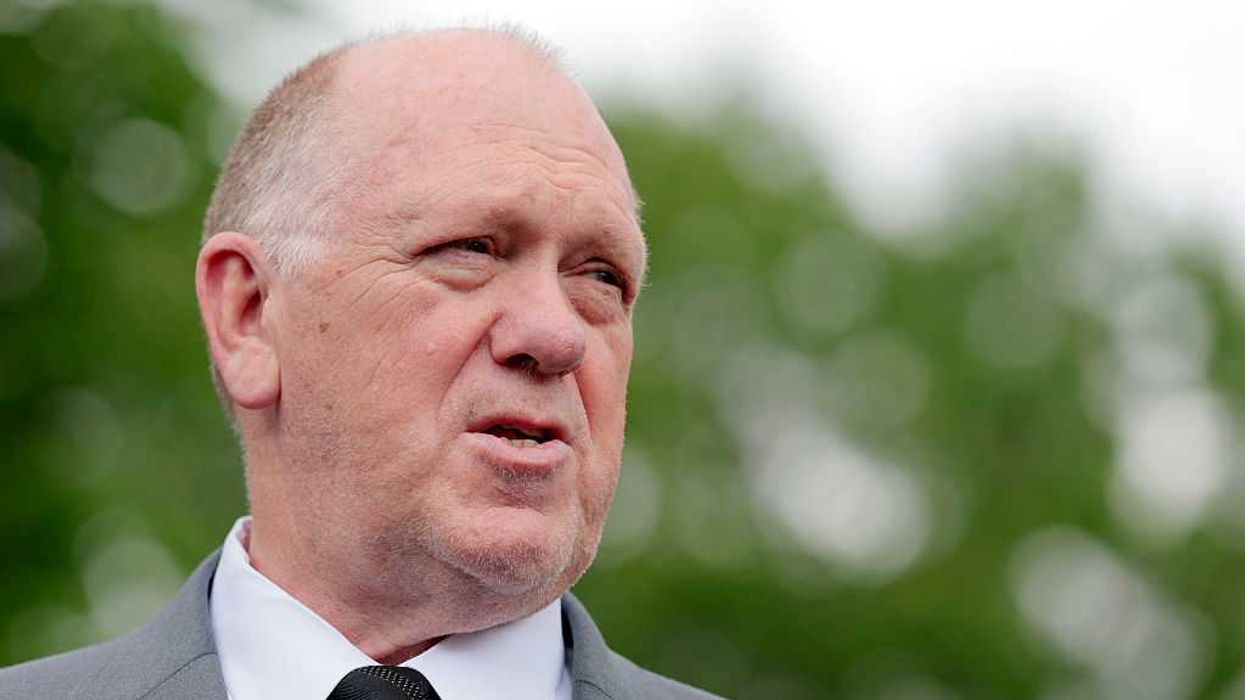
© 2025 Blaze Media LLC. All rights reserved.
Wisc. Gov. Briefs National Guard About Unrest After Unions Blast Emergency Budget
February 14, 2011
"It ends collective bargaining for public employees in our state..."
New Wisconsin Governor Scott Walker admitted he had to brief the state's National Guard last week about potential unrest after union leaders expressed anger over his emergency budget proposal. That budget would effectively end collective bargaining rights for state workers in an effort to plug a $3.6 billion budget hole.
Walker, a Republican who took office in January, said no one should be surprised by the move he will ask the GOP-controlled Legislature to approve this week given that he's talked about doing it for two months.
"This is not a shock," he told the Associated Press last Thursday. "The shock would be if we didn't go forward with this."
But union leaders were taken aback at the scope of his proposal. On Sunday, they started running ads opposing the measure:
"This is a shocking development," said Bryan Kennedy, president of AFT-Wisconsin, which represents 17,000 workers. "It ends collective bargaining for public employees in our state, after 50 years of management and workers solving problems together."
That led Walker on Friday to admit he briefed the National Guard about potential unrest should state workers take action, a possibility once workers realize the proposal is almost a sure thing.
That's because Democrats are powerless to stop it. Republicans control the Assembly 60-38-1 and the Senate 19-14.
"To say it's a power grab would be a huge understatement," said Assembly Minority Leader Peter Barca, D-Kenosha. "It's hard to believe he's even serious about this."
Walker said the changes are necessary to avoid up to 6,000 state employee layoffs and the removal of more than 200,000 children from the Medicaid program.
The state faces a $137 million budget shortfall in the fiscal year that ends June 30.
Under Walker's immediate plan, all collective bargaining rights would be removed for state and local public employees starting July 1, except when it comes to wages. But any salary increase they seek could be no more than the consumer price index, unless voters in the affected jurisdiction approved a higher raise.
Contracts would be limited to one year and wages would be frozen until the next contract is settled. Public employers would be prohibited from collecting union dues and members of collective bargaining units would not be required to pay dues.
The proposal would effectively remove unions' right to negotiate in any meaningful way. Local law enforcement and fire employees, as well as state troopers and inspectors would be exempt.
Walker's plan also calls for state employees to contribute 5.8 percent of their salaries to their pensions starting April 1. They would have to contribute at least 12.6 percent toward their health care. Those two items would generate $30 million by July 1 and roughly $300 million over the next two years when combined with the other concessions.
"I got elected to deal with the problems we face in the state," Walker said. "The two biggest problems are the economy and the budget."
The right of private sector employees to be members of unions is governed by federal law, but state and local unions are covered by Wisconsin law. The right to collectively bargain over a broad array of issues, including salary and benefits, is granted under that law. Walker and the Legislature can add or remove negotiable issues by changing that law, the State Employment Labor Relations Act.
There's nothing stopping Walker from proposing a law change, said Paul Secunda, a Marquette University law professor who specializes in labor law.
"But unions and public unions are very strong in Wisconsin, but if he wants to take on that he's going to lose a lot of the support that got him here in the first place," Secunda said.
There are roughly 175,000 public sector employees - including state and local government workers and teachers - who are union represented in Wisconsin, according to data maintained by Georgia State University professor Barry Hirsch and Trinity University professor David Macpherson. Of those, roughly 39,000 are state employees and more than 106,000 are teachers.
The Associated Press contributed to this report.
(H/T: Business Insider)
Want to leave a tip?
We answer to you. Help keep our content free of advertisers and big tech censorship by leaving a tip today.
Want to join the conversation?
Already a subscriber?
Jonathon M. Seidl is a former managing editor of Blaze News and a best-selling author and speaker. His next book, “Confessions of a Christian Alcoholic,” will be released on October 7, 2025.
Jonathon M. Seidl
Jonathon M. Seidl is a former managing editor of Blaze News and a best-selling author and speaker. His next book, “Confessions of a Christian Alcoholic,” will be released on October 7, 2025.
more stories
Sign up for the Blaze newsletter
By signing up, you agree to our Privacy Policy and Terms of Use, and agree to receive content that may sometimes include advertisements. You may opt out at any time.
Related Content
© 2025 Blaze Media LLC. All rights reserved.
Get the stories that matter most delivered directly to your inbox.
By signing up, you agree to our Privacy Policy and Terms of Use, and agree to receive content that may sometimes include advertisements. You may opt out at any time.

